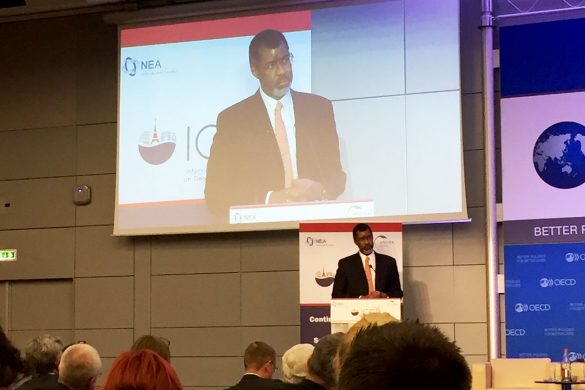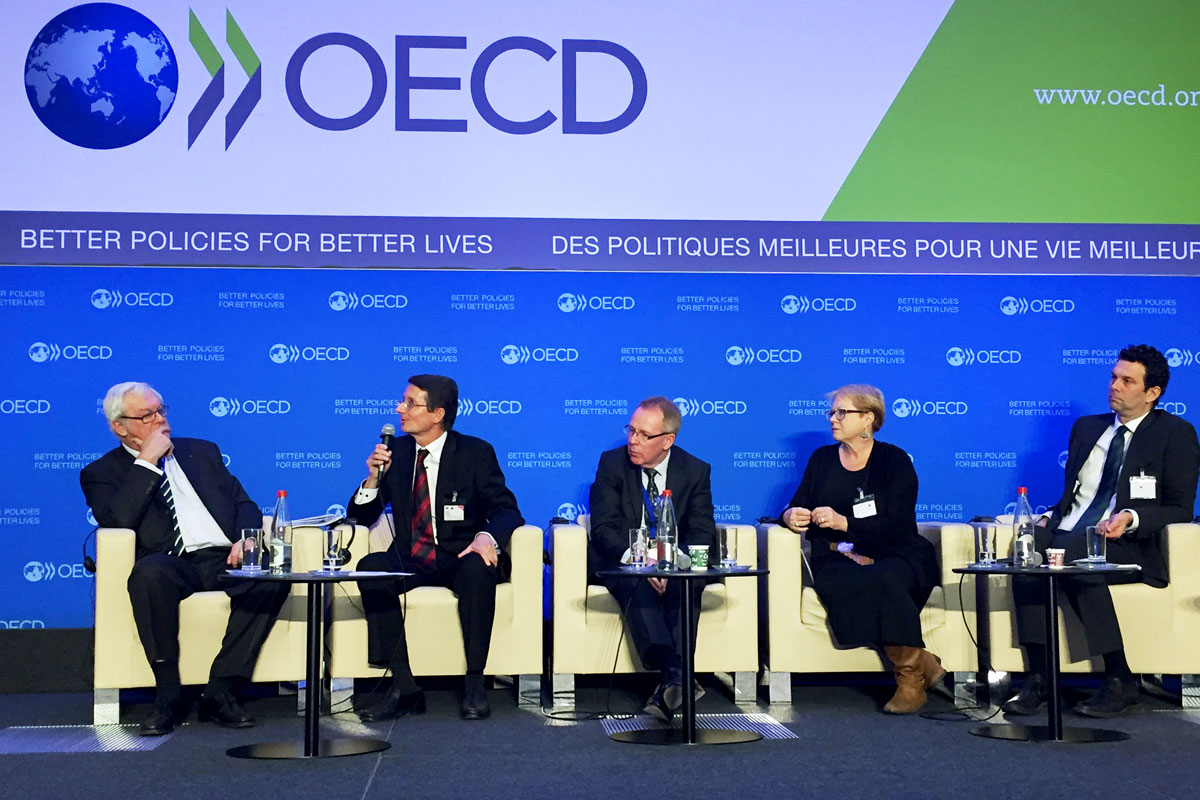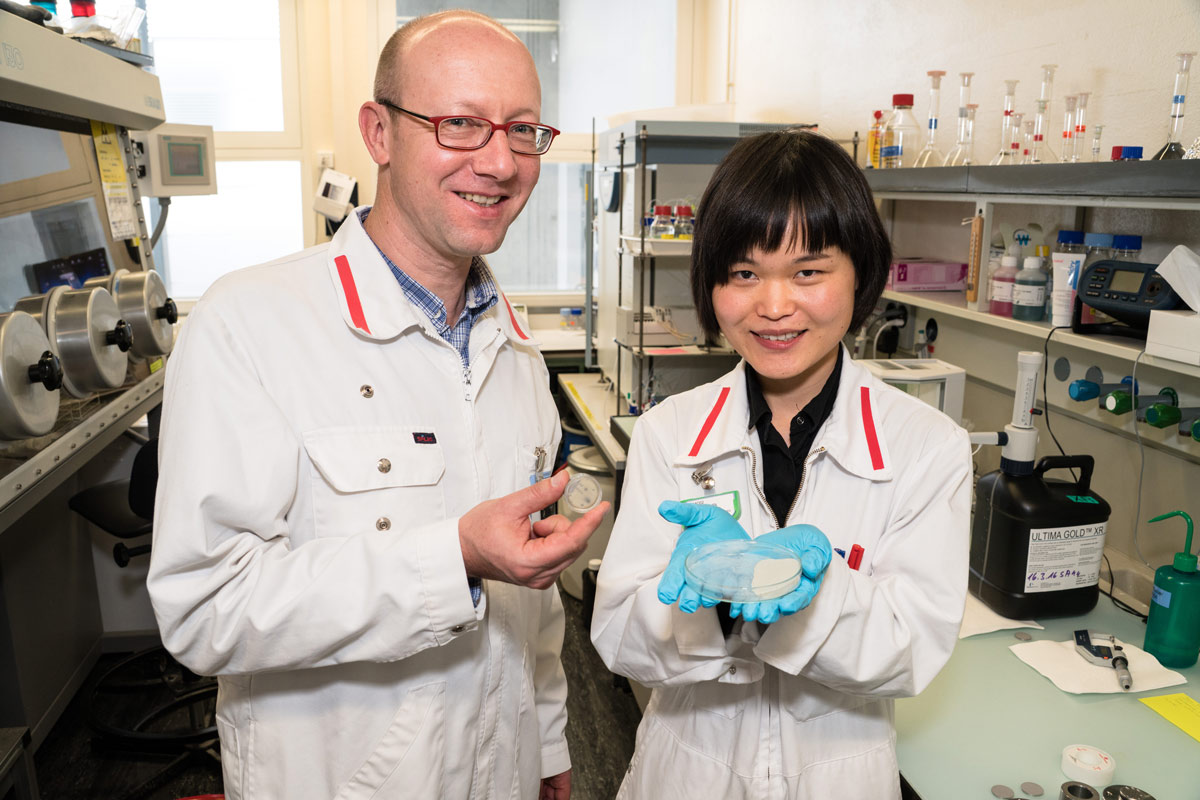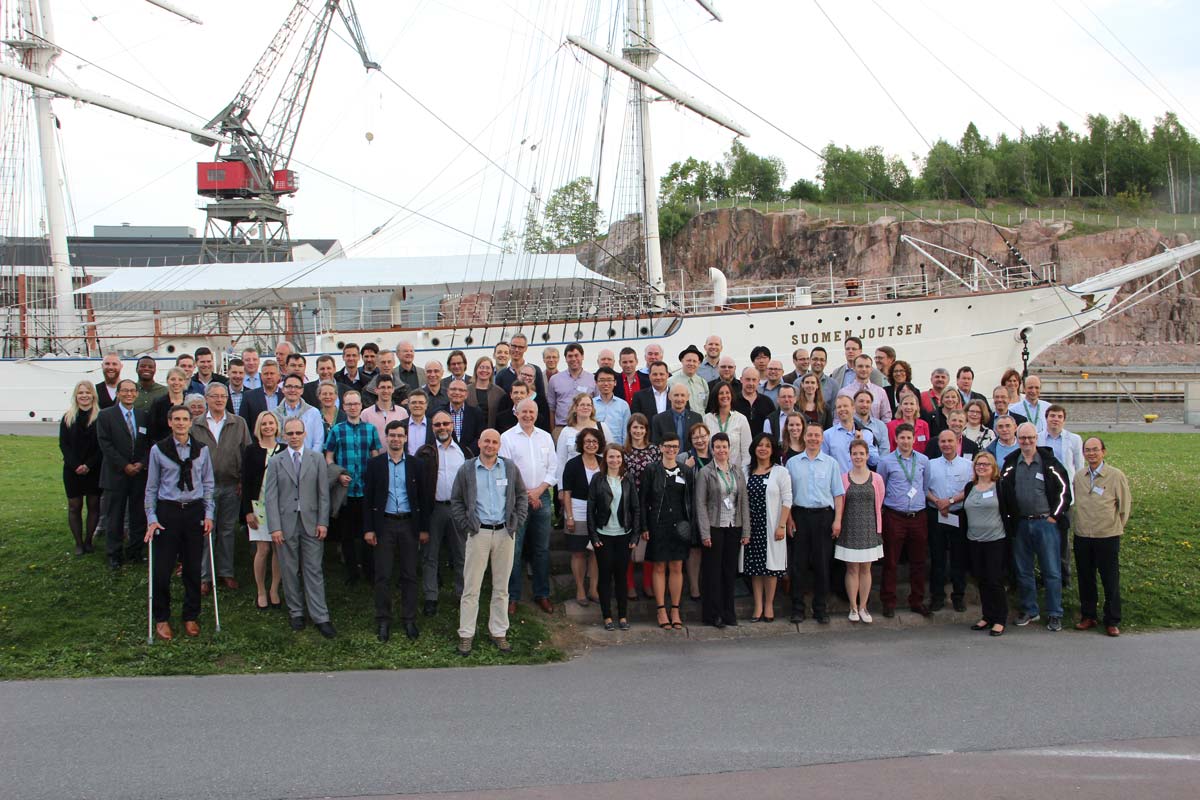Many international conferences focus on the scientific and technical aspects of radioactive waste disposal, such as geology or nuclear sciences. There is also a need, however, for a discussion and information platform where decision-makers from waste management organisations, regulatory bodies, national and local governments, international agencies and public stakeholder communities can meet and share experience on the planning and implementation of waste management programmes. The International Conference on Geological Repositories (ICGR) is such an event.
The first ICGR was organised in Denver (USA) in 1999. Building on its success, further conferences took place in Stockholm in 2003, Berne in 2007 and Toronto in 2012. The 2016 conference was organised last week in Paris by the OECD Nuclear Energy Agency (NEA) and the French national radioactive waste management agency ANDRA, under the title “Continued engagement and safe implementation of repositories”.

In his opening message, NEA Director-General W. Magwood IV stated that the conference was there “to say that there is a solution to the waste issue”. He stressed that the main challenges are not of technical nature, but rather have to do with communication, a pre-requisite for building trust and confidence. DG Magwood specifically outlined the necessity of involving younger generations. This is a fact: they will be the ones who will eventually implement most of the projects that are being initiated today. To this end, a number of young participants from various countries were invited to attend the event. This was definitely new to the ICGR – just as the buzzword “social media” that was heard many times when discussing communication issues.
In the course of the event, several national programmes at various stages of development were presented. Thomas Ernst, Nagra’s CEO, outlined the progress made in the Swiss site selection process. Also of particular interest was the presentation of the Finnish programme, where the construction of the spent fuel repository began in December; repository projects are clearly moving towards implementation in several countries, including Sweden and France. This development may be slow, but it is positive. However, it implies major changes for the organisations involved: previously active in research and development, they must now learn to manage industrial-scale projects.
While successes are important for “showing the way” to less advanced initiatives, lessons can also be learned from processes that are not running quite as smoothly. A session was devoted to the relationships between the various stakeholders, such as the waste producers, the regulator, the implementer and the local communities. Each actor has their own role and agenda and these may sometimes appear to be incompatible. However, dialogue between stakeholders was seen as a necessary step towards the successful implementation of disposal.
Finally, the importance of international cooperation, in the form of joint projects, international discussion platforms or activities supported by international organisations, was specifically outlined. “There is always something to be learned from one another” was the unanimous conclusion. This implies that the 2016 ICGR will definitely not be the last one.
Conference proceedings will be available online at www.icgr2016.org.





